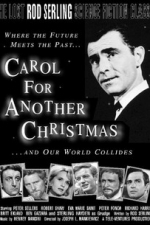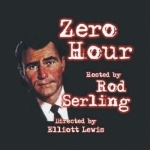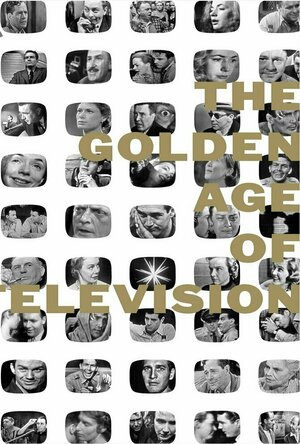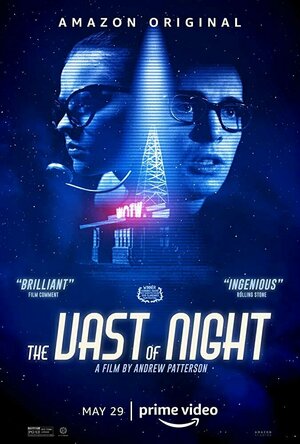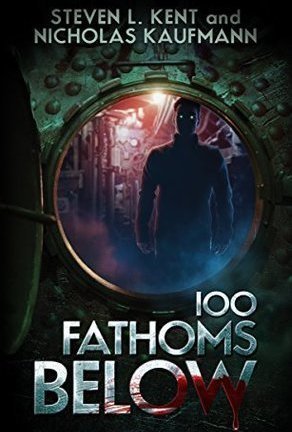
The Twilight Zone
TV Show
Second revival of Rod Serling's famous anthology, this time hosted by Forest Whitaker. The usual...
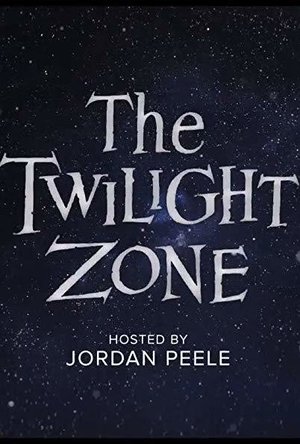
The Twilight Zone
TV Show Watch
Third revival of the classic anthology series featuring various tales of science fiction, horror and...
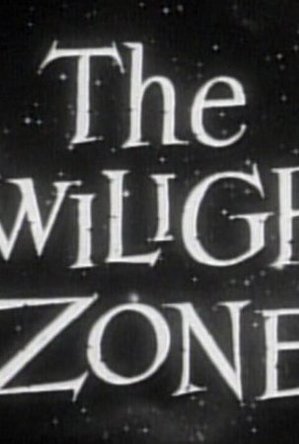
The Twilight Zone
TV Show
The Twilight Zone is an American media franchise based on the anthology television series created by...
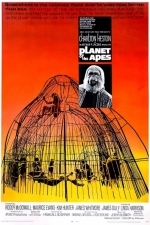
Planet of the Apes (1968)
Movie Watch
A human astronaut spaceship crashes on a strange planet where apes are the dominant species and...
Scott Morse recommended The Golden Age of Television in TV (curated)

Studio One
TV Show
A pinnacle of the Golden Age of Television, "Studio One" presented a wide range of memorable dramas...
Awix (3310 KP) rated The Vast of Night (2019) in Movies
Jun 6, 2020
Framed as a Twilight Zone or Outer Limits pastiche, and while the subject matter is certainly similar, much of the style is not: long takes, either static or mobile, rattling dialogue, a sort of self-consciousness about form which is only to be expected in a directorial debut. Interesting subtext about the aliens' agenda and the people prepared to speak up about their experiences (generally speaking, it's people from the lowest strata of society). Genuinely tense and even a bit eerie in places: Rod Serling would never have written something so oblique, but I think he would have appreciated its quality regardless.
Acanthea Grimscythe (300 KP) rated 100 Fathoms Below in Books
Jan 31, 2019
And here’s where my spoiler comes in, because I’m about to go on a mini-rant. The synopsis hints at a mysterious, evil monster hunting the crew of the ship, but it does not say what that creature is. Therefore, I feel that revealing this is a book about vampires is, in fact, a spoiler–contrary to popular belief of other reviewers. It’s pretty obvious early on, with the first hint coming in at 8%, however if I’d known this was a vampire book before I chose it, I wouldn’t have taken the time to read it. The key word there is BEFORE. Because I had it spoiled by a straight up summary of the prologue on Goodreads, coupled with a pretty hearty description about the… well, vampires. So, now that you know that overly used trope is here, let’s take a moment to discuss what Kent and Kaufmann do right, shall we?
The vampires in 100 Fathoms Below are good ol’ classic boys, in the sense that they’re bloodthirsty and want nothing more than to maim and breed more of their kind. They aren’t romanticized, either–and that’s a great thing. In fact, they’re written well enough that, despite having been spoiled by a fellow reviewer, I enjoyed the book enough to finish it. Mostly because I wanted to see how things ended.
Something else Kent and Kaufmann excel at is creating a connection between the readers and characters. I found myself sharing the hopes and dreams of many of the figures we meet. That made some of the deaths a lot more difficult on me.
The plot is quick, making it an easy read; however, the sense of intrigue isn’t really there. The whole discovering a prototype Soviet submarine takes the back burner with an occasional mention and even when it does come back into play toward the end of the book, there’s not exactly any excitement or fear of them being caught. I found that to be a bit disappointing.
Overall, it’s an entertaining read, but I probably wouldn’t take the time to re-read it. I’d like to thank NetGalley and Blackstone Publishing for providing me with a free copy of this book in exchange for an honest review.
